All rights reserved. No part of this book may be used or reproduced in any manner whatsoever without written permission, except in the case of brief quotations in critical articles and reviews. For more information, contact the University of Chicago Press, 1427 E. 60th St., Chicago, IL 60637.
Published 2017. Printed in the United States of America
Names: Aronson, Ronald, 1938 author.
Title: We : reviving social hope / Ronald Aronson.
Description: Chicago ; London : The University of Chicago Press, 2017. | Includes bibliographical references and index.
Identifiers: LCCN 2016052006 | ISBN 9780226334660 (cloth : alk. paper) | ISBN 9780226334837 (e-book)
Subjects: LCSH: HopeSocial aspects. | Social participation. | Progress.
Classification: LCC BD216 .A765 2017 | DDC 302/.14dc23 LC record available at https://lccn.loc.gov/2016052006
This book has developed over a lifetime of writing, reflection, teaching, and political action. I have tried to make clear my many intellectual debts throughout the text, but two people deserve special homage. The first is my mentor, Herbert Marcuse, with whom I studied the history of ideas at Brandeis University. The second is Jean-Paul Sartre, whose ideas I have interacted with for fifty years. This books questions, ideas, and arguments slowly took shape in Jean-Paul Sartre: Philosophy in the World (1980), The Dialectics of Disaster: A Preface to Hope (1983), Stay Out of Politics: A Philosopher Views South Africa (1990), After Marxism (1995), and Living without God (2008). It received its current formulation in the 2012 Richard Burke Lecture at Oakland University. Some of its themes were developed in my farewell lecture at Wayne State University, Whatever Happened to Progress?; at that universitys Humanities Center; before the United Kingdom Society for Sartrean Studies; at meetings of the Sartre Society of North America; and at the Diverse Lineages of Existentialism conference in St. Louis. Themes and portions of this book have appeared in History and Theory, The Nation, New Politics, Social Research, Sartre Studies International, and the Boston Review. Much of the manuscript was pondered and corrected at the Caf Muse in Royal Oak, Michigan, where I owe special thanks to chef Greg Reyner and his staff.
Friends and colleagues who have discussed the project, read portions of it, and/or have made specific suggestions include Pamela Aronson, Hannah Aronson-Paxton, Bob Deneweth, Matt Eshleman, Ian Fletcher, Steve Fraser, Henry Giroux, Alice Golin, Steve Golin, Jennifer Hart, Chris Johnson, Ira Konigsberg, Charles Rooney, Anthony Rudolf, Paul Schaurt, Fran Shor, and Barbara Weill. The entire manuscript was read by Richard Bachmann, Beck Pitt, David Sprintzen, and Ernie Benjamin, and their comments have helped shape its final form. Simon Waxman edited the manuscript and provided invaluable intellectual and stylistic guidance. Phyllis Aronson and David Brent have been essential to the project from its beginning many years ago until nowencouraging me, demanding that I be clear, helping me find my voice, and gently reminding me to not shout.
Evgeny Zamyatins novel We was begun in 1919, completed in 1921, and first published in 1924 in the United States. Denied publication in the Soviet Union until 1988, it describes a totalitarian society several hundred years in the future. Its members, called Numbers, are regimented and treated as cogs in a vast machine and regulated in precise detail by the Tables, a kind of Official Railroad Guide to every aspect of life in the United State that governs the whole earth.
The Tables transformed each one of us, actually, into a six-wheeled steel hero of a great poem. Every morning, with six-wheeled precision, at the same hour, at the same minute, we wake up, millions of us at once. At the very same hour, millions like one, we begin our work, and millions like one, we finish it. United into a single body with a million hands, at the very same second, designated by the Tables, we carry the spoons to our mouths; at the same second we all go out to walk, go to the auditorium, to the halls for the Taylor exercises, and then to bed.
The Numbers even have prescribed personal hours and personal relationships, which are also strictly regulated.
We were down in the street. The avenue was crowded. On days when the weather is so beautiful, the afternoon personal hour is usually the hour of the supplementary walk. As always, the big Musical Tower was playing the March of the United State with all its pipes. The Numbers, hundreds, thousands of Numbers in light blue unifs (probably a derivative of the ancient uniform) with golden badges on the chestthe State number of each one, male or femalethe Numbers were walking slowly, four abreast, exaltedly keeping step. I, we four, were but one of the innumerable waves of a powerful torrent: to my left, 0-90 (if one of my long-haired ancestors were writing this a thousand years ago he would probably call her by that funny word, mine); to my right, two unknown Numbers, a she-Number and a he-Number.
In this dystopian novel the we is imposed on the individuals, or in a sense it takes their place as each of them suppresses his or her own I. Individual choice, to the extent that it still exists, is to fit in and lose almost all sense of oneself as a unique being, or to assert this, to rebel, and to face disaster. Thus the we does not form as individuals collectively agree: their unanimity is not of their own doing. However the United State came into being, its goal is to impose happiness by eliminating freedom and difference. The leaders have created a policing apparatus on the lookout for the slightest deviation that might undermine the sense of unanimity. All of which is to say that Zamyatins title is meant ironically.
The novel reflects a twentieth-century world in which individuals were under assault by the society. Zamyatins We is one of the chronicles of that assault, followed by, among others, Aldous Huxleys Brave New World, George Orwells 1984, and, in very different registers, Allen Ginsbergs Howl and then Herbert Marcuses One-Dimensional Man.
In this twenty-first century the situation has become rather different. The last centurys totalitarian societies have been destroyed or overthrown, leaving behind an indelible memory of their oppressiveness as well as their hideous parodies in North Korea and Islamic State. But in a sense it is now society and its most vital purposes that are under assault by its individualsin a sense because the whole, society and individuals, results from a number of deranged social processes to be described in this book. From the climate crisis to neoliberal globalization, from the precariat to the imperatives of the consumer society, todays

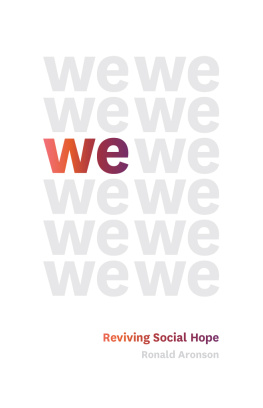
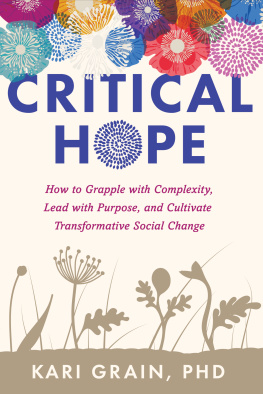

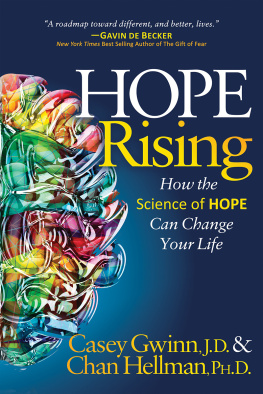

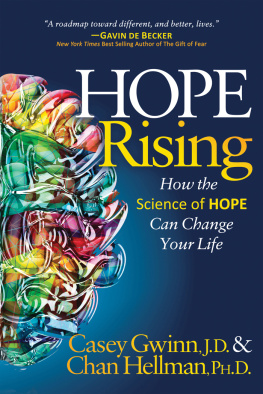
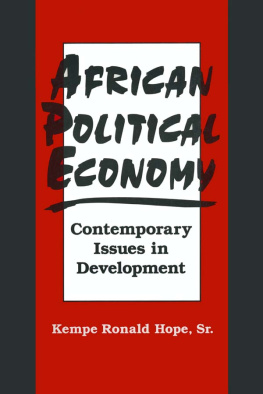
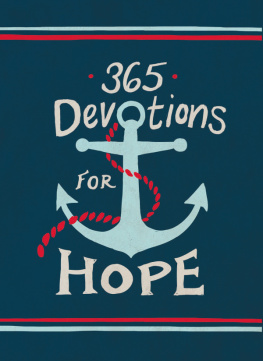

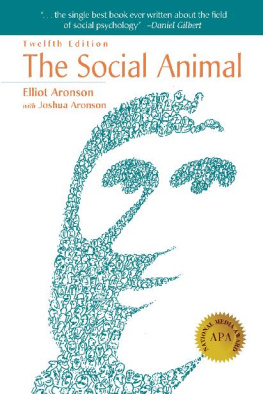
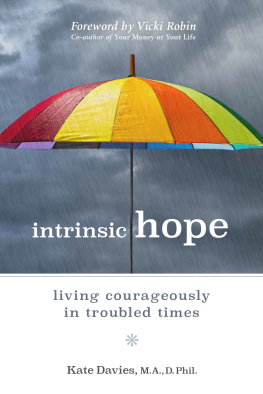
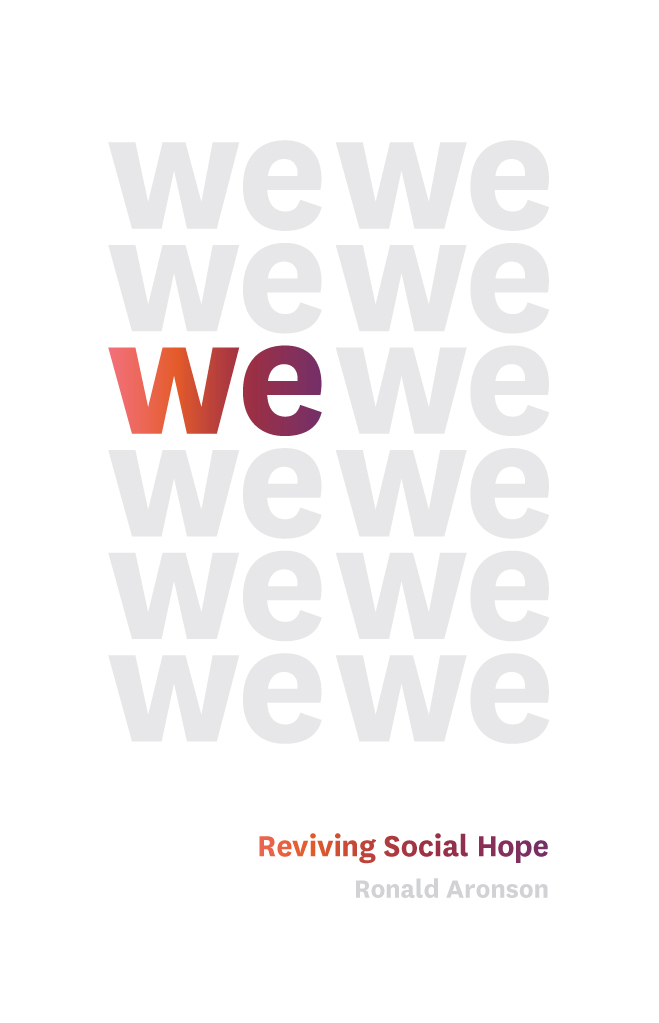
 This paper meets the requirements of ANSI / NISO Z 39.48-1992 (Permanence of Paper).
This paper meets the requirements of ANSI / NISO Z 39.48-1992 (Permanence of Paper).